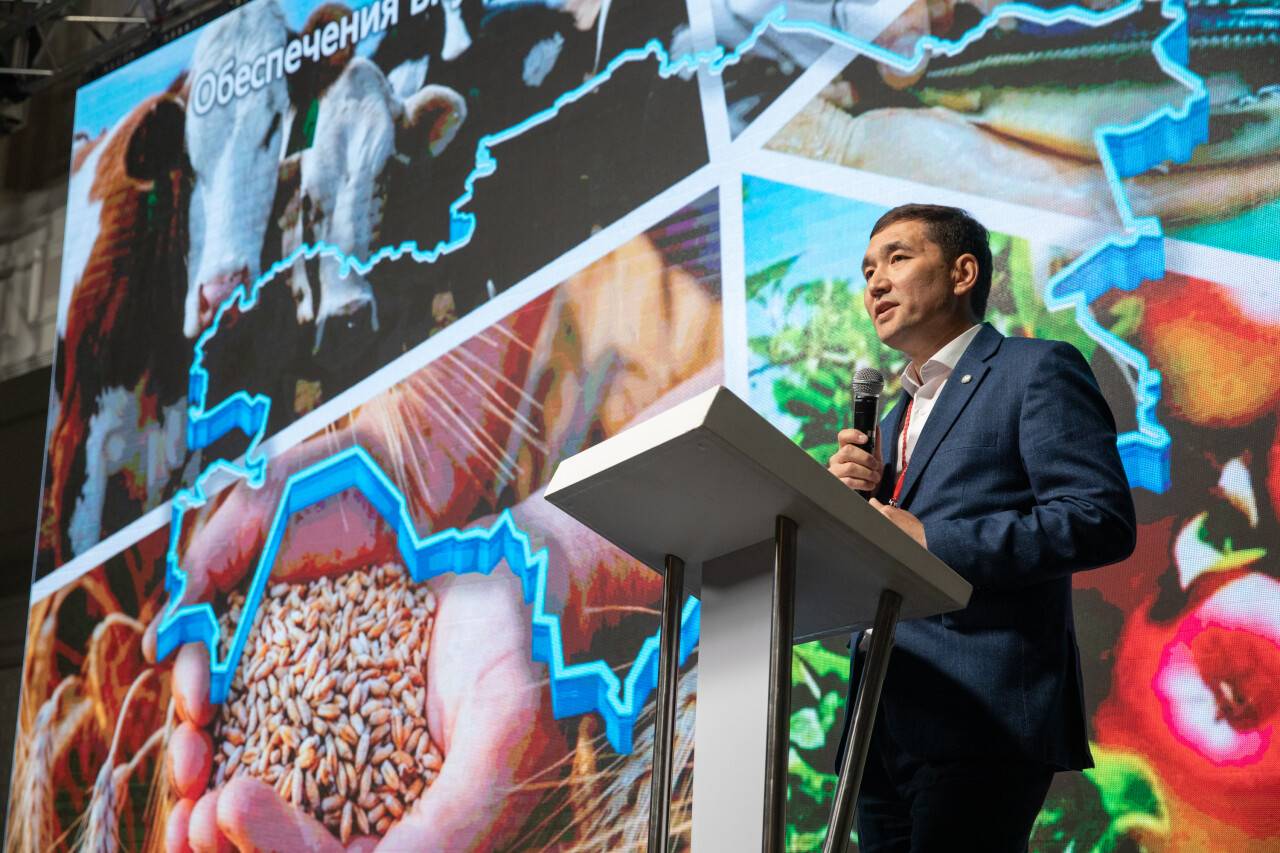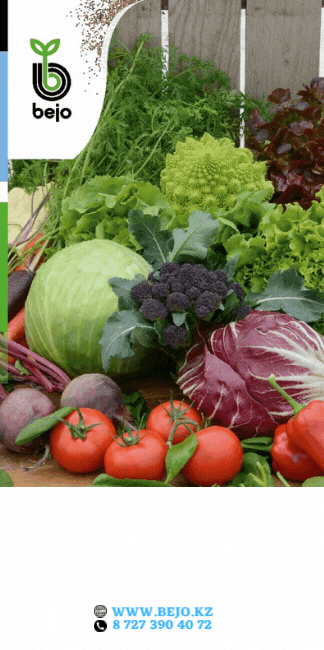
Deputy Chairman of the Board of Atameken NCE Yerbol Yeseneyev spoke about the problems in the agro-industrial complex of the country and suggested ways to solve them. World of NAN reports with reference to the website " Golos Naroda".
In the first half of 2023, we imported all goods of plant and animal origin, as well as food for 3.1 billion dollars, and exported - for 2.7 billion dollars. But, as Yerbol Yeseneyev admits, things are even worse than reflected in the statistics.
"It seems to me that before we talk about exports, we should understand the purpose of these exports. It is very strange when we buy fodder, vaccines, equipment, and sometimes even livestock to produce, for example, milk, and then export the milk. And then, to meet the export demand for milk, we have to buy more fodder, vaccines, and so on down the list. It turns out that we are developing exports in order to buy more imports? It is a strange scheme," he says.
Therefore, the expert believes that before discussing the development of exports, it is necessary to conduct a qualitative analysis of our strengths and weaknesses. And then, taking into account the obtained data, to build a state export policy.
The NCE representative has a short and simple answer to the question: why Kazakhstani agribusinessmen have not yet rushed to the processing industry en masse: it is expensive. Kazakhstani farmers are simply unable to buy equipment and raw materials at huge interest rates of Kazakhstani banks and compete with world producers. Therefore, in parallel with processing, Yerbol Yeseneyev proposes to develop production.
First of all - organic products. "Now we sell organic products for about 40 million dollars. Approximately 70 companies have received "organic" certificates, mainly in Akmola, North Kazakhstan and Kostanai regions. There are organic livestock breeders, honey and so on," he said. At the same time, the same wheat labeled "organic" is sold 4 times more expensive than ordinary wheat.
The same story - with livestock products. "The industry of distant cattle breeding is still underestimated, but it has a huge potential. The cost of mutton in Kazakhstan does not exceed 1,000 tenge per kilogram, and its export price is 4,500 tenge per kilogram. The difference will go not to someone, but to our citizens! Is it bad? We will have enough mutton ourselves, and we will improve the welfare of farmers, and replenish the country's budget," says Yerbol Yeseneyev.
Yerbol Yeseneyev also considers berries, nuts and fruits to be underestimated areas of production and export. "Our climate allows us to produce these crops of very high quality. Why are our apples so tasty? Because we have hot weather during the day and cool weather at night. And the plant, to save the fruit from the cold, directs more fructose into it. But so far this direction is underestimated in our country. The problem is that it takes 10 years to get a harvest from a tree. But then it will bear fruit for another 100! And that's something our farmers need to understand and take into account," he says.
Смотрите больше интересных агроновостей Казахстана на нашем канале telegram,
узнавайте о важных событиях в facebook и подписывайтесь на youtube канал и instagram.









































Обсуждение